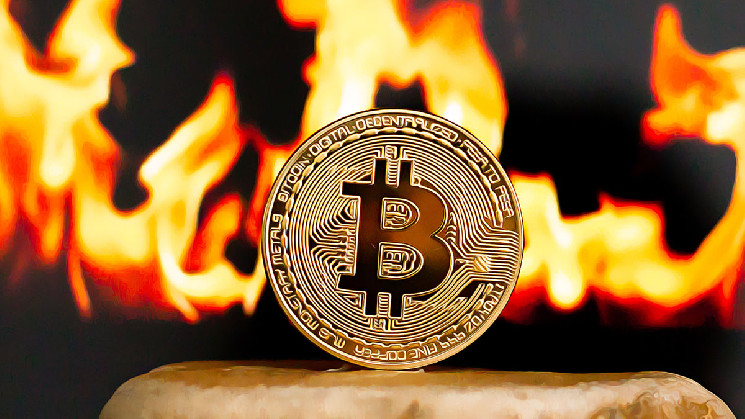Excitement is bubbling in the cryptocurrency world as Bitcoin (BTC) prices soar, recently surpassing $88,460. This surge is largely attributed to GameStop’s strategic announcement, which carries considerable significance within the financial landscape and has the potential to reshape narratives around digital currencies.
What Does GameStop’s Move Mean?
How Will This Impact Bitcoin’s Future?
As of February 1, 2025, GameStop reported holding $4.77 billion in cash and cash equivalents, a substantial sum that could soon find its way into Bitcoin. The company’s stock experienced volatility, dipping below $88,200 before rebounding sharply above $88,500 following the announcement that its board had unanimously approved a policy update to integrate Bitcoin as part of its treasury reserves.
GameStop’s latest investment policy opens the door for investments in various crypto assets, including Bitcoin and stablecoins, while also acknowledging the inherent risks involved. This strategic decision highlights the growing acceptance of cryptocurrencies within traditional financial frameworks and may set a precedent for other companies to follow.
The implications of GameStop’s move extend beyond its own operations. Analysts are keenly observing how this shift may affect overall market dynamics, potentially driving further interest and investment in cryptocurrency. Stakeholders are particularly focused on the broader market reaction and whether this trend will lead to increased adoption of digital currencies.
– GameStop has approved Bitcoin as a treasury reserve asset.
– The company’s cash reserves could significantly impact Bitcoin investment.
– This shift may influence broader acceptance of cryptocurrencies in finance.
– Market dynamics could shift as stakeholders react to this news.
GameStop’s decision marks a pivotal moment, reflecting not just its strategic direction but also a broader trend of increasing integration of cryptocurrencies in mainstream finance. As the market continues to react, it will be crucial to monitor how these changes shape the future of digital assets.
